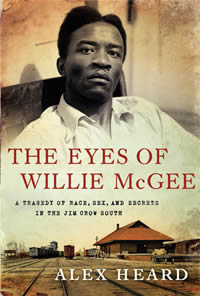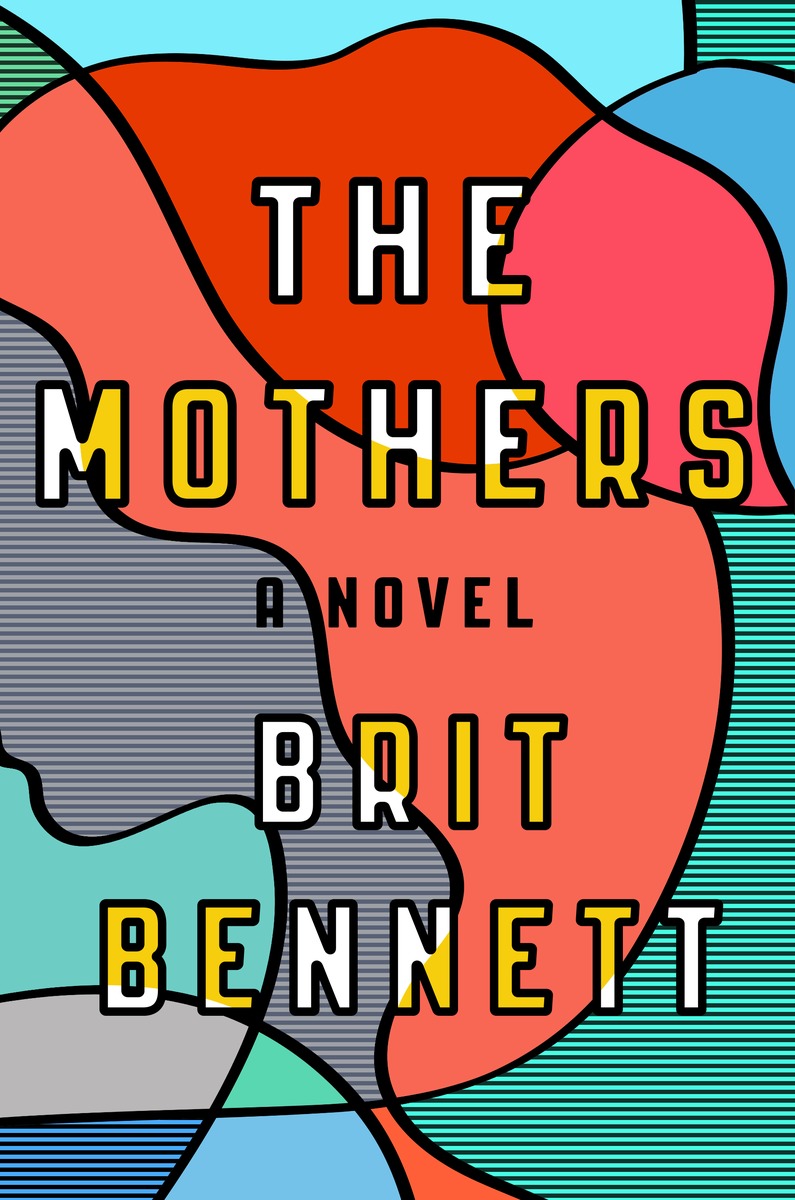A Legal Lynching
Journalist Alex Heard investigates the confounding historical case of Willie McGee
Late in the night on November 1, 1945, Willette Hawkins, a housewife in Laurel, Mississippi, woke to find a man crawling across her bedroom floor. Within a second he was on top of her, his hand over her mouth. He raped her and left through the window. Hawkins’ husband, asleep in the back room, didn’t hear a thing.
The next day the authorities arrested Willie McGee, a local black man. Though the evidence against him was extraordinarily thin—a single eyewitness said she saw a truck similar to that of his employer driving away from the neighborhood soon after the attack took place—McGee was convicted of rape and sentenced to death.
True, black men had been executed—by the state or a mob—on flimsier testimony. But unlike many of the “legal lynchings” that took place in the pre-civil-rights South, McGee’s case wasn’t over. With the backing of northern civil-rights groups, a fair-minded white lawyer won him a new trial on the grounds that he could never have won a just verdict in Laurel itself. Though McGee lost that one, too, he later got yet another trial on the grounds that he’d been convicted by an all-white jury.
Soon attorneys from the communist-affiliated Civil Rights Congress (CRC), including future Congresswoman Bella Abzug (who believed Hawkins and McGee were involved in a consensual though taboo affair), were shepherding McGee’s case through a series of appeals, all the way to the U.S. Supreme Court. McGee drew nationwide attention and pleas for clemency from Albert Einstein, Josephine Baker, and Tennessee Williams, but their pleas weren’t enough. After six years of appeals, he was executed in Laurel, strapped into the state’s portable electric chair, on May 8, 1951.
Though McGee may have lost his case in Mississippi, popular opinion ever since has made him a martyr, a proto-civil-rights icon alongside Emmett Till and the Scottsboro Nine. According to his hagiography, McGee was nothing but a plaything for a mentally deranged woman, while his lawyers, at least until Abzug arrived, were barely concealed racists.
 But as journalist Alex Heard finds in The Eyes of Willie McGee, the truth is disturbingly grayer; what seems like a real-life prequel to To Kill a Mockingbird is really more like Light in August. Did McGee rape Hawkins? Was she even raped, or did she just dream it? Or were the two—as Abzug alleged in the third trial—lovers? The book is part history and part detective story, with Heard intersplicing McGee’s story with the tale of his own hunt for the facts. “I didn’t know who was right,” Heard writes, “I still don’t.”
But as journalist Alex Heard finds in The Eyes of Willie McGee, the truth is disturbingly grayer; what seems like a real-life prequel to To Kill a Mockingbird is really more like Light in August. Did McGee rape Hawkins? Was she even raped, or did she just dream it? Or were the two—as Abzug alleged in the third trial—lovers? The book is part history and part detective story, with Heard intersplicing McGee’s story with the tale of his own hunt for the facts. “I didn’t know who was right,” Heard writes, “I still don’t.”
In Heard’s telling, the truth is less interesting than the myth that emerged around it. McGee’s case dominated life in Laurel for over half a decade. By the end of the 1940s it had become a national lightning rod as well, as the left took him up as a cause célèbre. Ignoring the possibility that McGee had in fact raped Hawkins, it focused its firepower on Southern racism and feminine wiles; for some far-away commentators, the only possible interpretation of events was that McGee was innocent and that Hawkins had seduced him, then betrayed him when he tried to end their relationship. Rather than push for clemency, they demanded his freedom.
The left’s involvement brought a massive backlash, from the streets of Laurel—Mayor Carroll Gartin wanted to ban communists from Mississippi to keep them away from McGee—to the pages of Time. Henry Luce, the magazine’s virulently anti-communist publisher, saw the case as a perfect platform from which to attack the “Communist-liners and manifesto-signers” for whom the case was little more than “surefire propaganda, good for whipping up racial tension at home and giving U.S. justice a black eye abroad.” The magazine never examined the case itself, nor did it ask why a black man should be executed for rape.
Lost in the middle was McGee himself, a poorly educated father of four who refused to speak in his own defense and often seemed unaware of the court proceedings or his place within them (though at other times, and in letters to his family and lawyers, he seemed to know exactly what was going on). McGee frequently changed his story; having reportedly confessed soon after his arrest, he later claimed to have had an affair with Hawkins and even plotted with her to murder her husband.
 Equally lost was Hawkins, who by all accounts was a quiet, homely woman. She never recanted her story and spent the rest of her life in partial seclusion. While the evidence against McGee remains flimsy, Heard is convinced that something did in fact happen that night: “My gut feeling is that it’s very hard to believe the whole case happened simply because of a bad dream that persisted as a giant misunderstanding.”
Equally lost was Hawkins, who by all accounts was a quiet, homely woman. She never recanted her story and spent the rest of her life in partial seclusion. While the evidence against McGee remains flimsy, Heard is convinced that something did in fact happen that night: “My gut feeling is that it’s very hard to believe the whole case happened simply because of a bad dream that persisted as a giant misunderstanding.”
Heard never pretends that McGee had much of a chance in 1940s Mississippi, but he faults the communist left for ensuring that McGee never received a fair hearing on the national stage. Though countless Americans far removed from the left wrote letters in McGee’s support, the CRC’s grip on the case made it too radioactive for more powerful, mainstream organizations to touch. The NAACP, involved early on in McGee’s appeals, later distanced itself from the case, and even Eleanor Roosevelt, after receiving a plea for support from a CRC lawyer, declined to help, adding that the left should let the NAACP do its job so that men like McGee “would not have added suspicion aroused against them.”
Heard’s book leaves the reader unsatisfied, by design: there is no answer to McGee’s case. And while the story of his own search for answers helps move the narrative along, at times it feels like padding, as do the long tangents into the background of even minor characters.
Nevertheless, though Heard may not answer many of his own questions, he does a far greater service by showing, through the trials of Willie McGee, exactly what the lay of the land looked like before the civil-rights era, and what the movement, emerging only a few years after McGee’s death in towns just like Laurel, was up against.
Alex Heard will speak at the downtown branch of Nashville Public Library on July 21 at 5 p.m. A free reception and book-signing will follow, sponsored by the Nashville Public Library Foundation and McNeely Piggott & Fox. RSVP to bookevent@mpf.com or call (615) 259-4000, ext. 111. Heard will also appear at Davis-Kidd Booksellers in Memphis on July 22 at 6 p.m.


